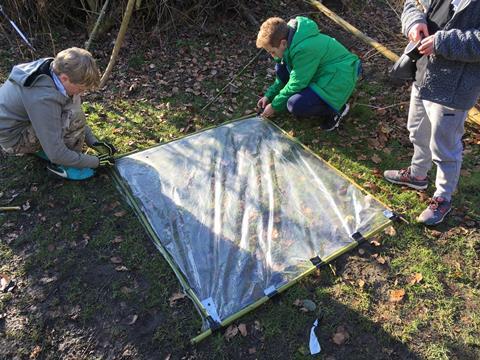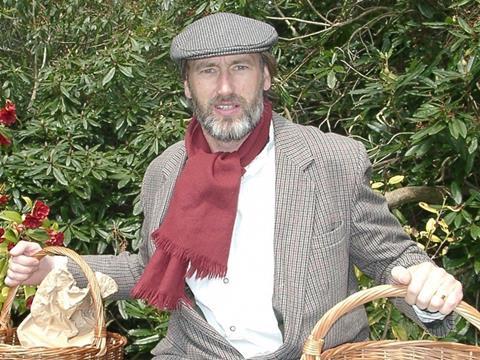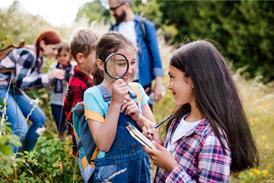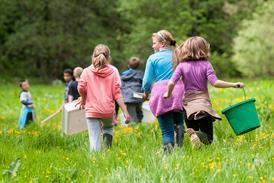Keith Browning, head of Braeside Education Centre in Devizes, Wiltshire, speaks about how residentials are even more important for Primary-age pupils.

As we know, residentials are about giving pupils different learning opportunities outside of the classroom. This aspect of school trips adds considerably to the range of learning opportunities, especially in the sphere of life skills.
We are fortunate to see how the experience of being outdoors, and working in teams, impacts the pupils.
At our particular centre, pupils aged eight to 12-years-old usually start the residential taking part in activities that encourage interaction in small groups with their school staff supervising and assisting as appropriate.

There is also an element of individual challenge often involving climbing but the other watchers get involved by encouraging pupils to go further to push themselves a bit.
It’s impossible to sum up the experience they have in a few words; it is highly personal to the individuals but the overriding impression we see is of something very positive.
Pupils speak about ‘overcoming fears’ specifically mentioning being supportive and ‘nice’ to each other. Being helped through a new experience and ‘sleeping in a room with my friends’ are also remembered as notable. And the physical reward, an example of a comment is: “It was memorable because I found it hard going up the steep hill, but I managed it.”
Some pupils clearly enjoy the independence from their parents. One of the activities we offer is navigating through a clearly defined woodland in groups of three or four using a compass, many children refer to this activity as one of their most enjoyable.
The independence and learning new responsibilities are just some of the benefits from a residential, children have to get their own kit ready for the day, so finding shoes, coat and rucksack can be difficult but they learn valuable life skills in remembering where they left it!
Programmes for visits to our particular centre are prearranged with the school and are designed to be challenging but fun. Pupils note afterwards that they have done things they would ‘never normally do’ but they have enjoyed more ‘perceived’ freedom to interact and engage with the natural environment.
Pupils can also be quite self-aware, saying things such as “I liked the nightline too because it gave me lots of adrenaline” and are surprised when asked to do something new i.e. cook their own lunch on a fire they made and maintained.
Even teachers can be surprised by what happens when they stand back and watch the children (although many teachers find it difficult not to intervene!) It doesn’t take long for the pupils to get over the shock of having to do things for themselves and enjoy making decisions for themselves.
In turn we reap the benefits of more adventurous individuals who are more willing to try new foods or familiar ones they don’t normally eat because they cooked it.
There is no doubt that pupils want to get ‘out there’ and the opportunity to use their adventurous nature as a catalyst to encourage learning should be grasped. It is fun and rewarding, in equal measures, for adults and children to have such experiences.









